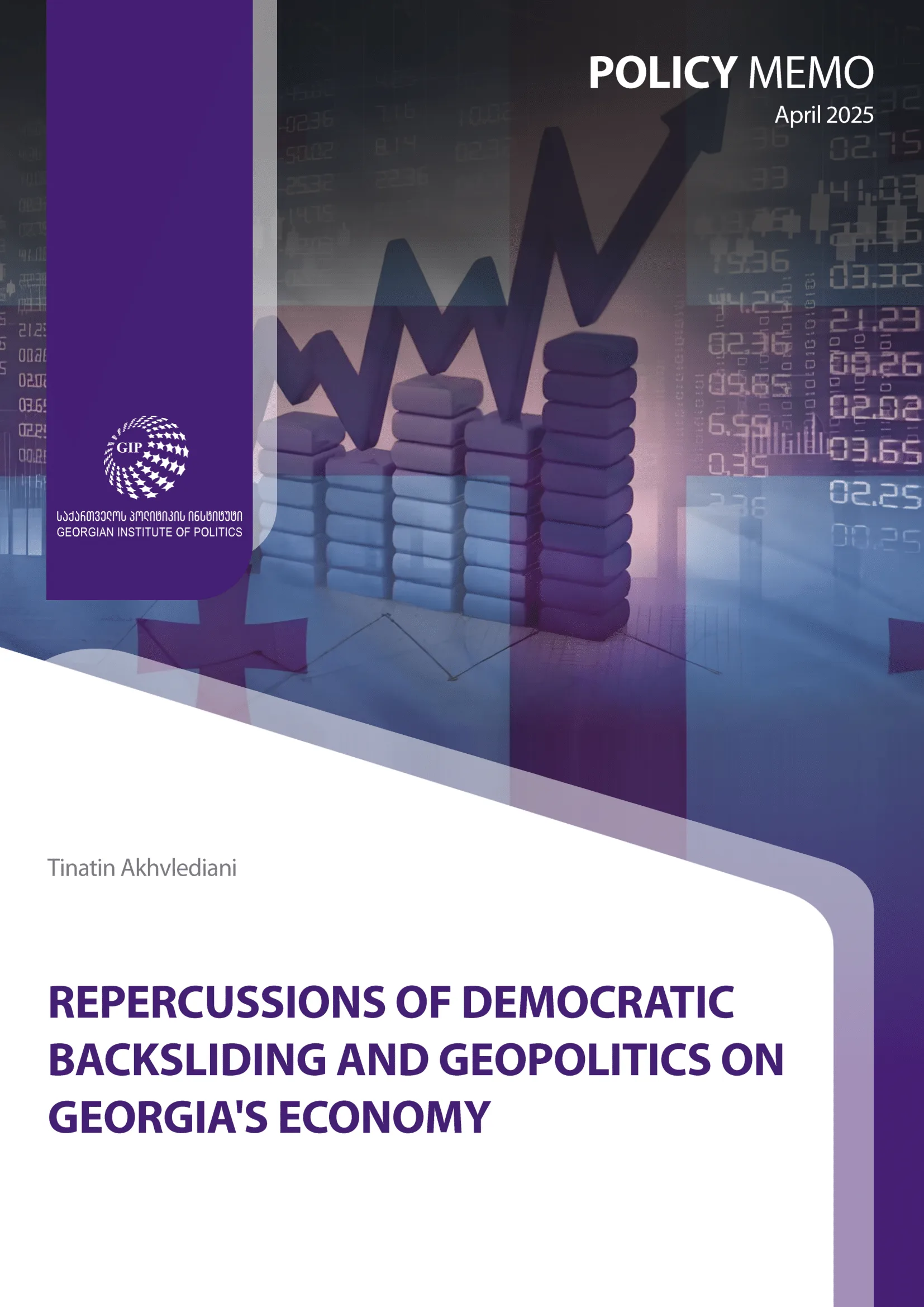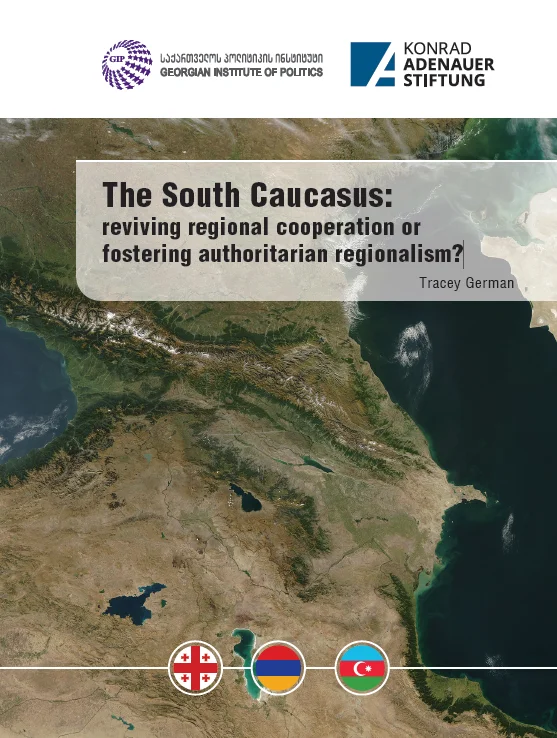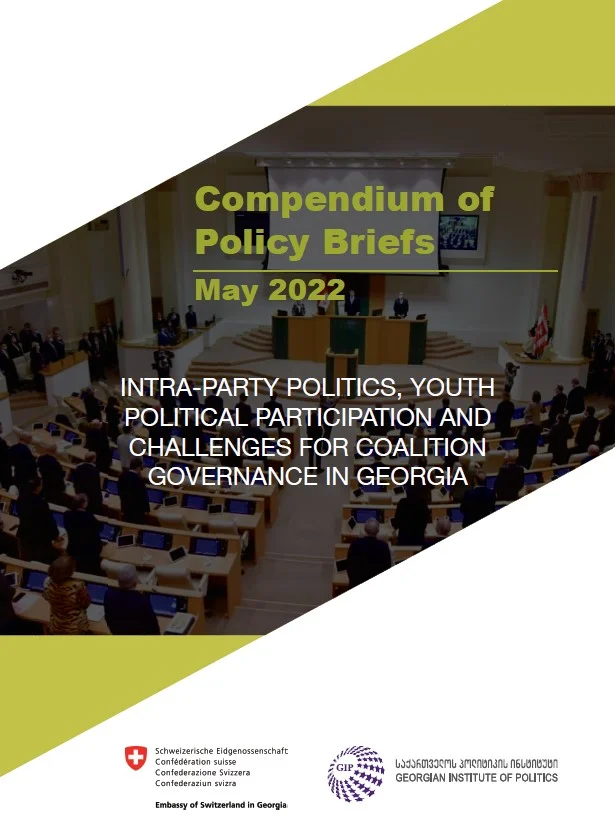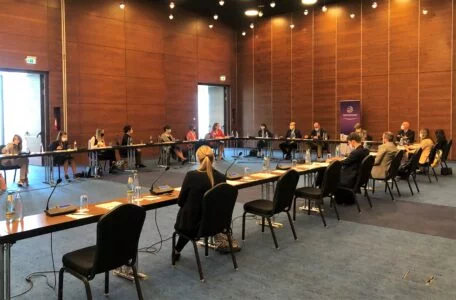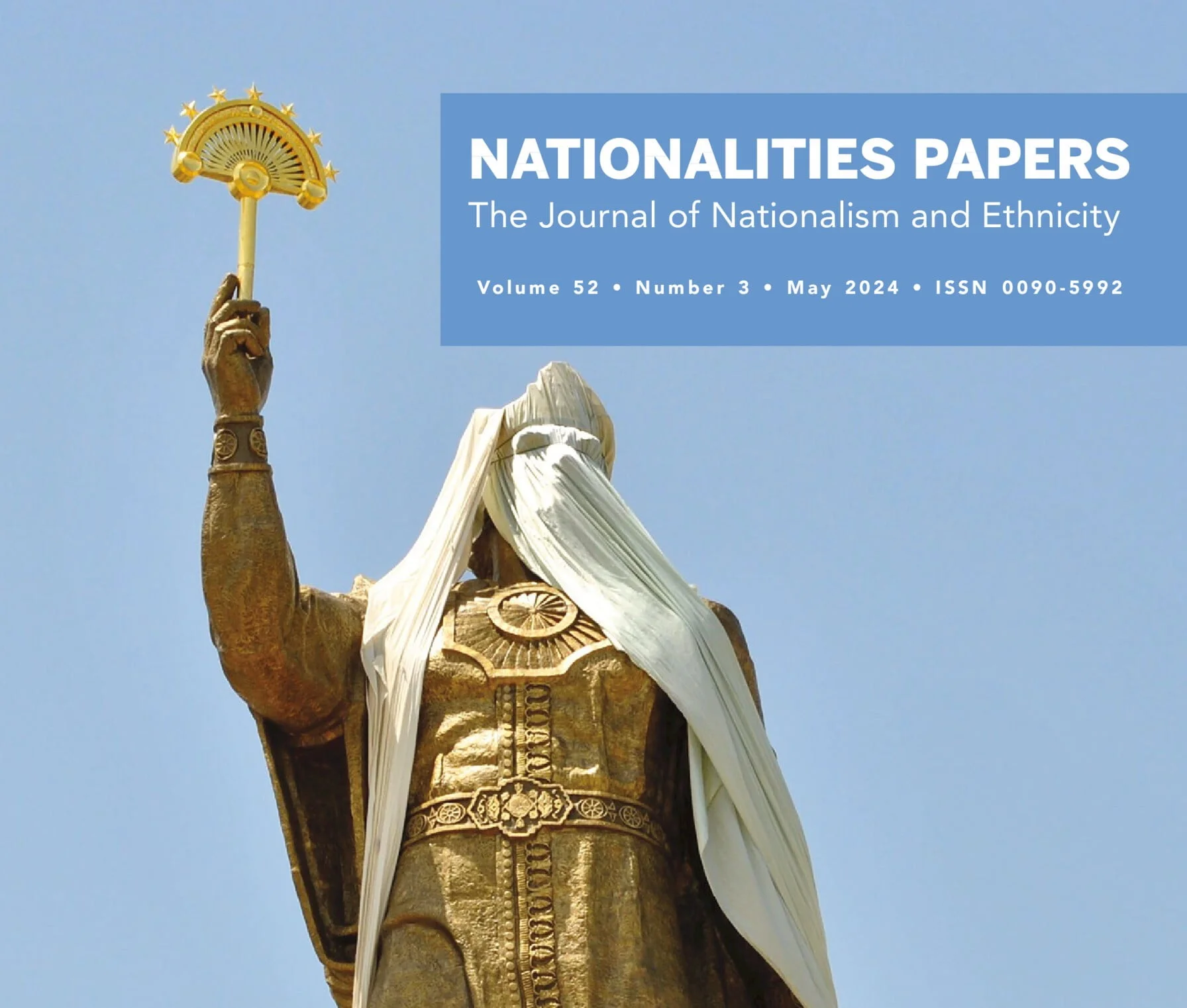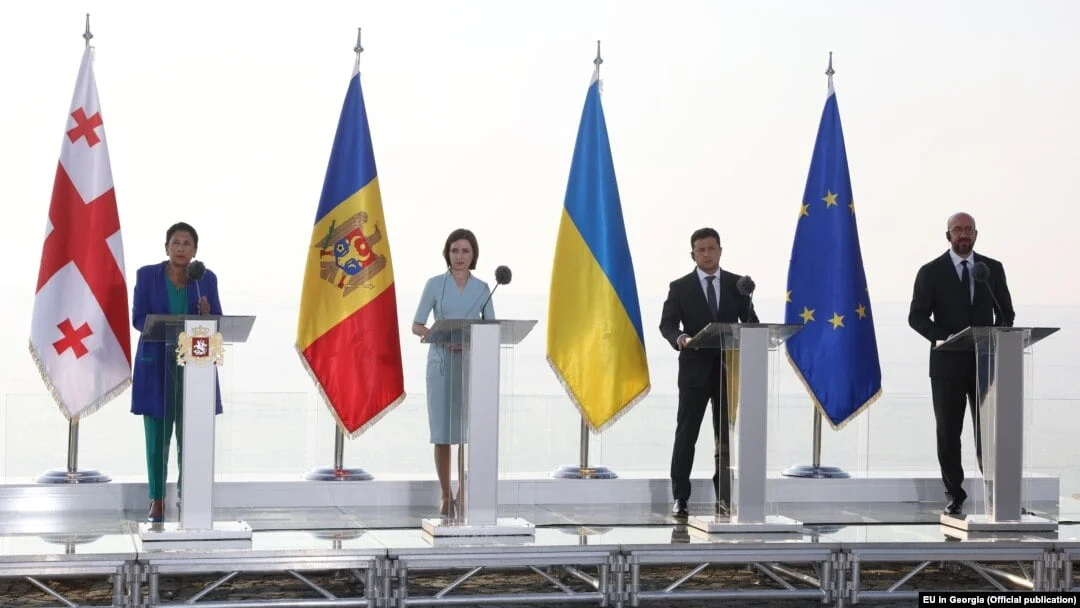2023-06-22 14:07:25
As the 2024 parliamentary elections approach, it is becoming increasingly interesting to see what strategies the political parties choose to achieve electoral success and what issues they will prioritise in their election campaigns. Although the elections are more than a year away, it is important that both the ruling party and the opposition parties should start making efforts to properly reflect in their manifestos the specific needs of all segments of the electorate. According to official data from the Central Election Commission (CEC), women make up more than half of all voters in Georgia. It can therefore be seen as an anomaly in the party competition that political parties often avoid talking about the specific needs of this segment or including them in their political agendas.
According to the CEC data, women tend to be less active in voter turnout than male voters. This may indicate that this segment of voters, particularly in the regions and among ethnic minorities, needs additional mechanisms to ensure that their needs and visions are regularly heard and noticed in the Georgian political process. However, such mechanisms are lacking in Georgia’s political environment. The political parties fail to engage with the regions and women voters. The reasons for this should be the subject of intensive research. The panel focuses on the following themes:
The role of women politicians and their activism in electoral campaigns or, more generally, in formulating party visions is crucial if the needs of women voters are to be adequately reflected in party platforms and strategies. Based on the principles of the resemblance model of representation, women politicians can better understand women’s needs and incorporate these issues into their political party agendas. The introduction of the gender quota principle has led to an increase in the number of women candidates on electoral party lists, but it is interesting to see how women are represented in their political parties and whether they can actually influence the agendas of their parties. Panel 2 therefore discusses the role of women members of Georgian political parties in formulating party agendas, as well as the challenges of intraparty democracy in this regard.
The above-mentioned topics formed the agenda of the eighth annual conference “Democracy 2023”. The conference was inaugurated by Renata Skardžiūtė-Kereselidze, the Deputy Director of the Georgian Institute of Politics. In her welcoming remarks, she stressed the importance of considering the will of women voters and added that this was a challenge for political parties. As she noted, women voters are more critical than men in their assessments of the level of development of the country and the quality of democracy, thus stressing that their vision must be taken into account and that much work needs to be done to achieve this. She then introduced the topics of the panel discussions at the conference and gave the floor to the Ambassador of Switzerland to Georgia, Heidi Grau. The Ambassador stressed that discussions on achieving gender equality have been taking place for many years, recalling her student years at the University of Zurich where this topic was set as a goal for the generation, and noted that, unfortunately, society in both Switzerland and Georgia this still needs to be an issue for discussion, but in a different mode. That is why she sees the need to reiterate that the inclusion of women and their participation in political life is very important because democracy is defined precisely as representation and inclusion. According to her, there is no democracy without women and their full and meaningful participation.
After the welcoming remarks, the Panel 1 discussion on “Women Voters in Georgia and Representation of Their Needs in Georgian Party Agendas started, moderated by Professor Iago Kachkachishvili (Ivane Javakhsihvili Tbilisi State University). The aim of this panel discussion was to outline the needs of women voters as identified through research and surveys. The speakers at the discussion were: Teona Kupunia (National Democratic Institute, NDI), Tamar Sabedashvili (UN Women), Nino Dolidze (International Society for Fair Elections and Democracy, ISFED), and Tamta Mikeladze (Social Justice Center, SJC). The Panel 2 discussion was dedicated to “Women Politicians and Intraparty Democracy,” moderated by Professor Davit Aprasidze (Ilia State University). The aim of the discussion was to examine internal party democracy from the perspective of promoting women’s involvement and representation. The second panel began with a presentation of the results of a policy paper by Salome Kandelaki, Policy Analyst at the Georgian Institute of Politics (GIP), which concerned the mechanisms for women’s involvement in party structures as well as the practices of political parties in their use of legal and constitutional guarantees of gender equality. After the presentation three women MPs took the floor: Khatia Dekanoidze (independent MP), Ana Natsvlishvili (Lelo for Georgia), and Ana Buchukuri (Gakharia for Georgia party). At the end of each panel, following the speakers’ presentations, discussions were held in which the audience could ask questions and make comments.





